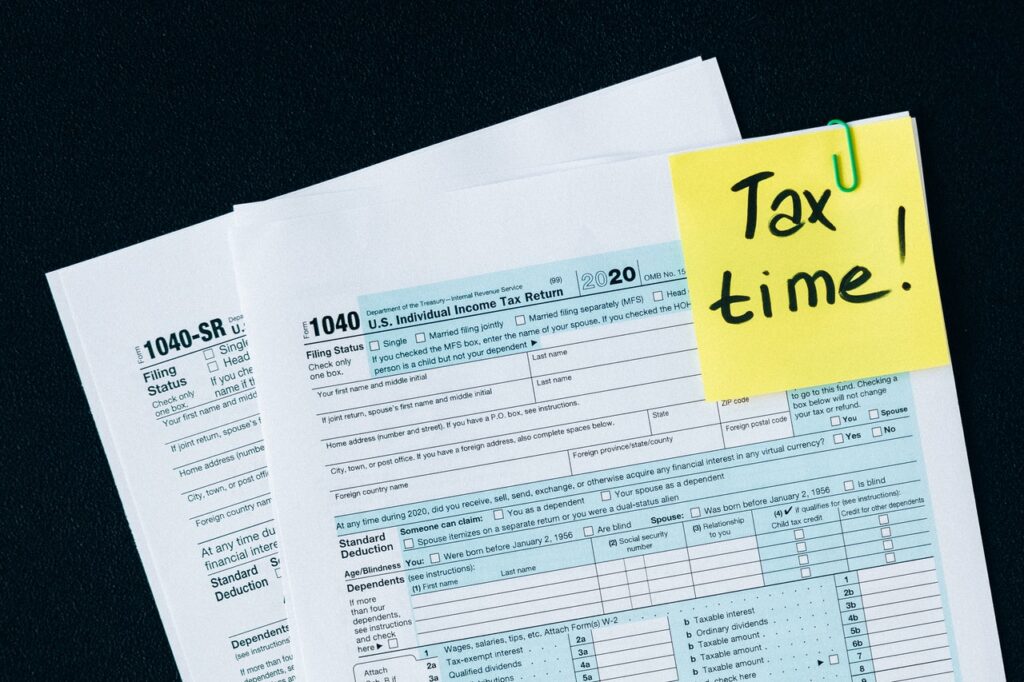When many of us think of the subject of accounting and the question of what exactly it is, our understanding might be limited to just number-crunching and book-balancing. Unless we are an active participant in this career as an accountant, or we have worked closely with accountancy professionals in the past, most of us are content to let this vague understanding fester.
Without doubt, accounting is an area of employment that isn’t always easily understood – but that doesn’t mean we should allow this situation to linger.
Whether you are a business owner considering outsourced accountancy services, or even someone contemplating a career in this field, this article is for you. So, with no further ado, here are three common misconceptions about accounting that we simply must dispel.
Accounting is boring
One of the most common untruths about accounting is that it is merely grey, dull and ‘worthy’, rather than remotely enthralling. But this really couldn’t be further from fact! Although, sure, pursuing accountancy may not seem as exciting as being a professional skydiver, it can be an extremely engaging field to work in.
Accounting is far from the most boring part of a business, as it is the beating heart of future business expansion. Your bookkeeping data will inform future strategies for growth, policy changes, prospects for shareholders, and more.
Accounting is no more than bookkeeping
Talking about bookkeeping data, many people wrongly believe that accounting is solely relegated to bookkeeping. We find the actual definition of accounting to be drawn into dispute, as it is so often confused with the role of a bookkeeper. While bookkeeping is the recording of revenue and expenses for a business, a skill that many accountants bring to the table, it isn’t all that accountants are useful for.
Significantly, an accountant can handle bookkeeping, while a bookkeeper might not always be suited for the reverse. This is largely because accounting involves the analysis of past financial records of a company, with this data being used to forecast the outcomes of the business in future (something that goes beyond bookkeeping).
Accountants categorise and understand bookkeeping to a fine degree, and are able to conduct regular business planning.
You have to be a ‘maths whiz’ to be an accountant
For years upon years, it’s unmistakeable that accounting required a mastery over maths that very few possessed. Even the smallest of errors could mean issues with the tax collector, or money lost forever.
However, with an ongoing rise in modernisation and cloud accounting, the actual math part of accounting is becoming digitalised. As long as you’re skilled with a calculator and navigate the relevant software well, you now have enough maths expertise to do basic accounting.
Even so, being able to double-check your business’s books by hand is a valuable skill, and worth honing for those future occasions when it may be needed. Sometimes, even numbers processed via digitalised platforms don’t add up! If you want to take on accounting personally for your business, there are various resources and courses that can help you brush up on any skills you might need.
Do you have a business in need of expert accounting? Consider this
Sometimes, you might not be confident trying to take on the accounting responsibilities for your business yourself, or you may lack the time – and that’s fine. After all, there’s always the option of outsourcing your firm’s accountancy to skilled and experienced professionals.
External financial director services could be just the thing your business needs to help improve performance and work towards sustained growth. By outsourcing your accounting needs in this way, you will get a fresh set of eyes and an unbiased view on how your business is actually doing. Simply contact our team today for further advice and information.
